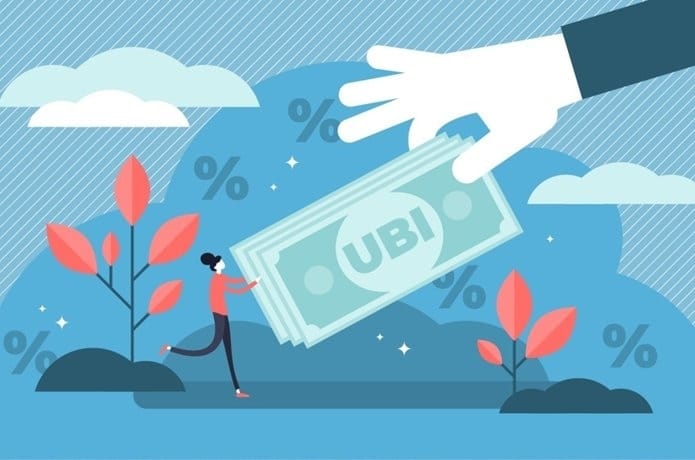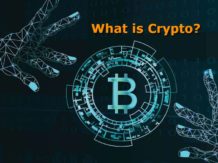With the advent of the coronavirus pandemic, the Universal Basic Income (UBI) or universal "citizenship income" suddenly became a big news. However, providing a universal basic income is problematic.
Governments lack up-to-date information on identities and addresses needed for the physical delivery of money or prepaid cards. And checks or bank transfers exclude non-banked citizens. This leaves room for a new institution, such as a central bank, which could issue a digital currency as an efficient way of providing universal basic income.
There is an urgent need, and many practical reasons, for providing each individual with a basic income without requirements, delivered in the form of digital cash. But how could it work?
How to disburse universal income
Excluding the possibility that the UBI is financed by the taxes of the wealthiest citizens, therefore by the tax revenues of each nation, the possibility of a central bank remains. There would be two ways for a central bank to deliver UBI.
One would be that this put money into people's bank accounts. To ensure that it goes to as many people as possible, governments should force banks to offer basic banking services to everyone. But even so, some people may escape the system.
After all, people can't be forced to have bank accounts, and some people choose not to. Then there is another more radical way. And this is where a CBDC could come into play. Imagine if instead of creating a gateway for the current bank-dominated payment system, the central bank produced a digital currency and an associated wallet. The digital currency would be a stablecoin, with a value of 1: 1 compared to the quotation of the US dollar guaranteed by the central bank.
And in case of inflation?
At this point, some may say that giving people money regularly, without asking for requirements, would increase the risk of inflation. Answer: It is the central bank's job to manage inflation.
The central bank could vary payments, decreasing them if consumer prices started to rise or increasing them if they decreased. Alternatively, they could keep interest rates much higher, reducing bank loans and reducing the dependence of the economy on debt.
Many may agree with this solution. Obviously, the idea that central banks could hand over the UBI using a CBDC will not please those who think that central banks should not exist and that money should be completely decentralized.
But let's face it, a completely decentralized UBI is an unfulfillable dream. In many countries, the central bank is independent of the government and largely immune from the whims of politicians. It is in the best position to provide everyone with a regular monthly payment without questions and to manage the resulting inflation.
It is too late to create a CBDC for the current crisis. But as part of the exit strategy we should plan to create a CBDC as soon as possible and create a constitutional right to UBI, so that when the next disaster strikes, people know they will survive.















